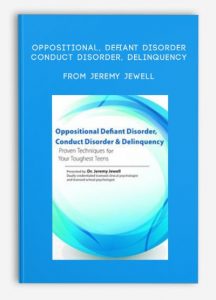 Oppositional, Defiant Disorder, Conduct Disorder, Delinquency from Jeremy Jewell
Oppositional, Defiant Disorder, Conduct Disorder, Delinquency from Jeremy Jewell
More information about Medical:
Medicine is the science and practice of establishing the diagnosis, prognosis, treatment, and prevention of disease.
Medicine encompasses a variety of health care practices evolved to maintain and restore health by the prevention and treatment of illness.
Contemporary medicine applies biomedical sciences, biomedical research, genetics, and medical technology to diagnose, treat, and prevent injury and disease,
typically through pharmaceuticals or surgery, but also through therapies as diverse as psychotherapy, external splints and traction, medical devices, biologics, and ionizing radiation, amongst others.
Medicine has been around for thousands of years, during most of which it was an art (an area of skill and knowledge) frequently having connections to the religious and
philosophical beliefs of local culture. For example, a medicine man would apply herbs and say prayers for healing, or an ancient philosopher and physician would apply bloodletting according to the theories of humorism.
In recent centuries, since the advent of modern science, most medicine has become a combination of art and science (both basic and applied, under the umbrella of medical science).
While stitching technique for sutures is an art learned through practice, the knowledge of what happens at the cellular and molecular level in the tissues being stitched arises through science.
Outline:
Disruptive Behavior Disorders & Delinquency
- The function of disruptive behavior
- Trajectory of disruptive behavior disorders
- Juvenile delinquency
- Comorbidity
Connecting with the Disruptive Teen
- The perspective of the disruptive teen
- Rapport building strategies with poorly motivated teens
- Pitfalls to avoid
- Motivational interviewing techniques to increase engagement
- Socratic questioning to improve ‘buy in’
Cognitive Therapy Techniques to Reframe Delinquent Thinking Patterns
- Role play using a dysfunctional thought record
- The top 7 disruptive and delinquent thinking patterns
- Advanced techniques to reframe your client’s criminal cognitive distortions, such as
- “Rules apply to others but not to me”
- “I’m not bullying, I’m helping other kids ‘toughen up’”
- “I deserve what I take because I’ve had a hard life”
- “You have to defend your reputation or else others will think you’re weak”
Behavioral Therapy Techniques to Reduce Anger and Anxiety
- The physical, emotional, and psychological benefits of relaxation skills training
- Core relaxation skills to decrease teen anger and violence
- Deep breathing to tackle toxic anger
- Guided Imagery as an alternative to violence
- Progressive Muscle Relaxation for non-responders
- Simple tricks to stop lying in its tracks
Improve Compliance in School and Home
- Differential reinforcement and attention to curb arguments
- Effective commands to increase teens’ compliance
- Simple tips to improve behavioral intervention plans
- Mentoring and other advanced techniques to treat severe criminality
Description:
Teens with ODD, CD and delinquent behavior are some of the most treatment-resistant clients that you will face. Typical problematic behavior in these clients includes manipulation, bullying, violence towards peers and adults, theft, lying, and many more.
Join Dr. Jeremy Jewell, dually credentialed licensed clinical psychologist and licensed school psychologist, as he gives you the tools you need to improve your effectiveness with these teens. Watch this seminar and gain practical techniques you can apply to all phases of therapy, including how to:
- Connect and build rapport more quickly by tapping into the client’s own goals
- Dramatically improve client motivation and ‘buy in’ through Socratic questioning techniques
- Identify and replace common patterns of delinquent thinking
- Defuse clients’ core feelings of anger and entitlement
- Apply mindfulness practices to treat anger and violent behavior
- Involve parents to reinforce techniques in the home
Dr. Jewell brings 15 years of experience treating this specialized population in clinics, residential treatment centers, and schools to this seminar. Through the use of case studies, discussion, and role play, his energetic and humorous approach will help you quickly become more comfortable treating this population. Dr. Jewell has authored the only two programs in existence focused on treating youth in short term detention (Relaxation Skills Violence Prevention program (RSVP) and the Compassion Approach to Learning Meditation program (CALM)). Gain confidence in your ability to transform the most difficult client by learning the innovative treatment strategies contained in these programs and much more.


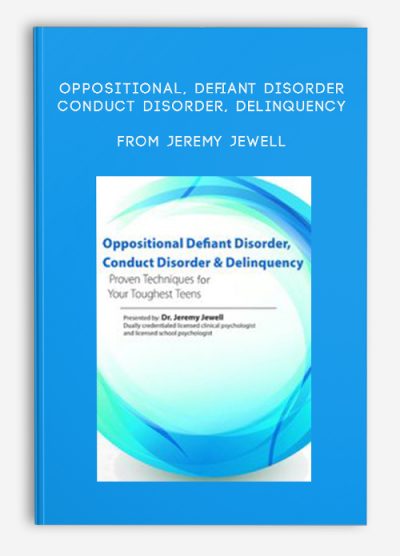

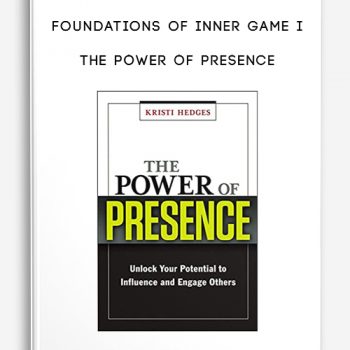


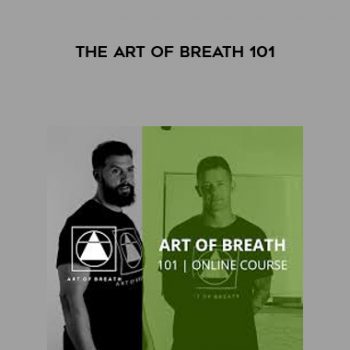
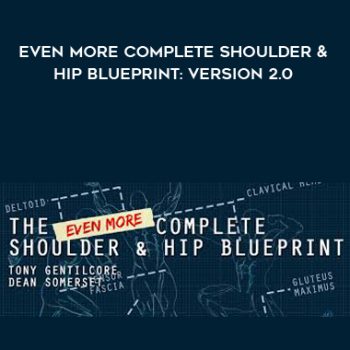
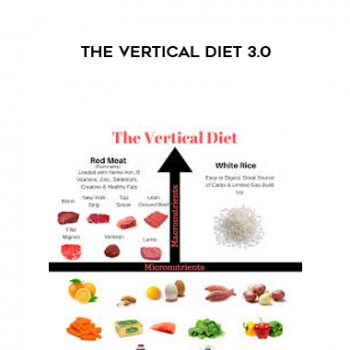
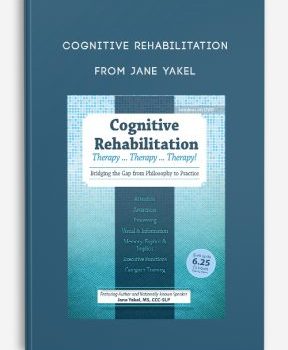
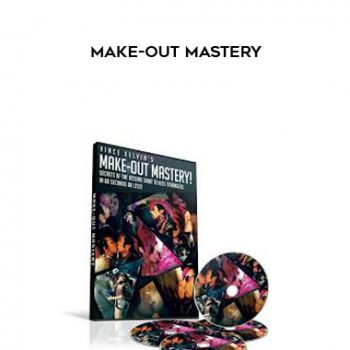

tristian –
This is Digital Download service, the course is available at Coursecui.com and Email download delivery.